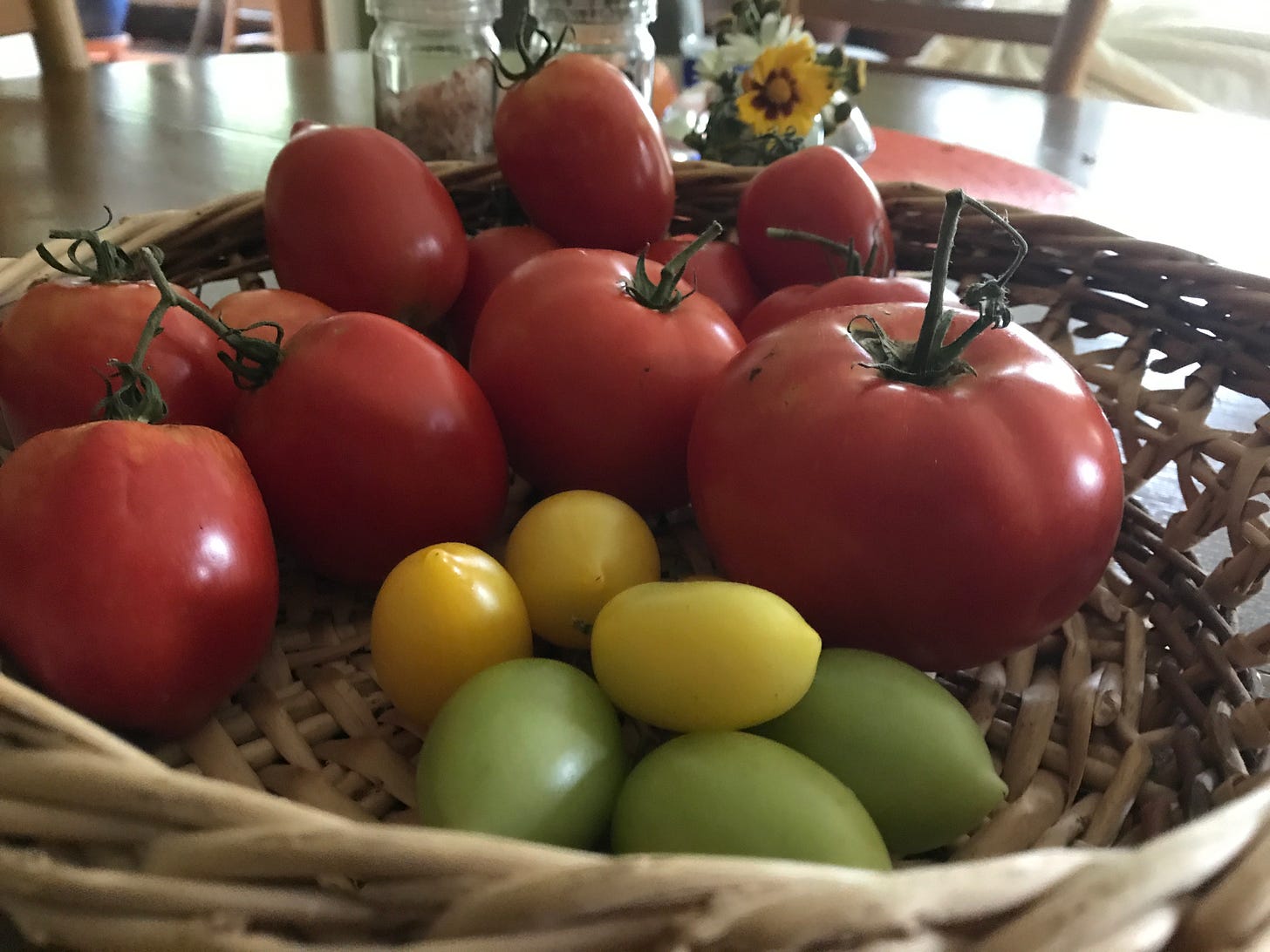It is important to protect this community's way of life…once you have your can of Coke at the Comptche Store you have to move on unless you know someone. That’s on purpose. It's like a gated community without the gates. [Newcomer respondent]
Chapter Six is about how Comptche old-timers and newcomers established an ideological common ground that in the early 1970s seemed highly unlikely.
Common ground and traditions, in this study, relate to how people in the community use land and volunteerism in support of mutually valued services. Traditions begun by Comptche’s early settlers who became the old-timers of the Seventies, were denied to back-to-the-lander immigrants. But by the mid-1970s these traditions became open. Of course private gatherings on private land continued. Hippie weddings and boogies were attended mostly by hippies. Old-timer traditions like chivarees remained privy.

After a few years of community conflict that was obnoxious but non-violent, residents realized they had more in common than not—exemplified by their common foe, the equalizer of wildfire. Gathering places (see Chapter 5 posts) provided common ground and traditions that bridged gaps. Friendships formed between neighbors who began to help each other more in the tradition of barn-raising than hell-raising.
Community traditions influence how people interact in shared spaces. Despite this period of divisiveness, to this day the Comptche community maintains traditions that enable people to survive in this remote and sparsely populated region.
Traditions support common ground as both a physical place like a civil commons, as well as non-physical space. Consistent community traditions provide regular opportunities for building relationships and finding values in common. There exists a shared ideal where people value relationships above differences.
New crop, new tradition
Marijuana was intentionally not part of this study. The plant was still illegal during my field work in 2011-2012. By avoiding this loaded topic, I was able to recruit more participants. In some cases, they volunteered information about pot, which I include where relevant, like here, in regard to the tradition of land use.
The hippie immigrants brought with them new values about land: preserving nature and sustainable organic gardening. But an illegal crop being grown by some hippies was a source of conflict between old-timers and newcomers.
An old-timer respondent related the following incident about a newcomer woman:
“…shehad a big patch of corn in her garden, right by the road. One day when she was in town, her neighbor’s cows got out of their pasture. They got into her garden and ate all of the corn. Cows don’t like pot. They left her pot plants standing there. She’d been hiding them in plain sight. But then, everyone driving by could see what she was growing between the corn.”
Forty years later, this back-to-the-lander woman was one of the back-to-the-land newcomer respondents for this ethnography. Then in her eighties, she laughed remembering the incident of being “outed” by cows, freely admitting, “My primary reason for living here is so I could grow and smoke marijuana!”
“Newcomers brought pot to Comptche.” A back-to-the-lander wrote. “We grew a little for ourselves but it wasn’t really a topic, like growing tomatoes.” Growing pot was talked about indirectly. Euphemistically they discussed brandy wines, beefsteaks, or early girl tomato varieties.
“Growing was tolerated by old-timer residents because of the unwritten laws of Comptche that people don’t report each other to the authorities,” explained a back-to-the-land newcomer.
“Most folks tend to mind their own business and leave their neighbors to do their own thing,” explained an old-timer respondent.
Among the data for this study, there are no reports of newcomers being turned in by old-timers for growing marijuana during the 1970s. There was paranoia around growing, however.
In the Seventies, “growing” became a new tradition for land use in Comptche, established by some, but not all, of the back-to-the-landers who settled there. It’s important to note that not everyone used marijuana. During interviews, a few back-to-the-landers were emphatic: they live here to live off the land, not to “grow” but for the myriad other reasons (covered in previous sections) including doing more with less. In other words, not all hippies smoke pot.
Between logging and growing, old-timers and newcomers wanted to use the land in ways that sparked contention between them. Logging and growing were topics of debate, but people did not seek the law to resolve their differences.
Up next: The Tradition of Not Calling the Sheriff
Resources for this post:
Spicer, Lisa Gruwell, 2012, c. 2024. Finding Common Ground: When the Hippie Counterculture Immigrated to a Rural Redwood Community
Sumner, Jennifer, 2005. Sustainability and the Civil Commons: Rural Communities in the Age of Globalization






